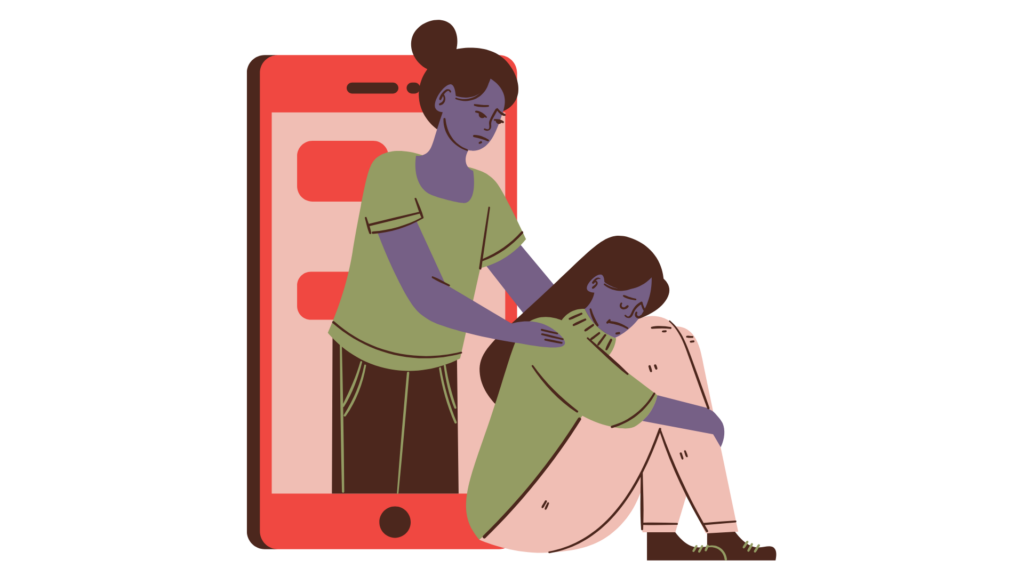Find a Warmline

What are Warmlines?
Warmlines are the purest form of peer support.
Warmlines (also known as peer support warmlines or peer-operated behavioral health warmlines) are phone, chat, or text lines that provide empathetic listening and peer support to individuals who may be experiencing distress or loneliness, or those seeking validation from a peer with lived experience who identifies with their concerns and can offer a confidential and non-judgmental space for connection and self-directed exploration of possible solutions and alternatives.
How will a Warmline support me?
Warmlines provide a judgment-free space for you to talk through difficult emotions and experiences, receive support, and connect to other resources that can help you. Talking helps, and research has shown that people feel less distressed and more empowered after contacting warmlines.
How are Warmlines unique?
Peers work collaboratively and transparently with callers or service recipients, within a recovery- and resilience-oriented care framework to facilitate safety planning, crisis support planning and prevention, and informed choice as appropriate.
Peer-operated warmlines provide connection and formal support focused on crisis prevention and the promotion of resilience and wellness. Distinct from traditional behavioral health support lines like the 988 Suicide and Crisis Lifeline, warmlines are staffed by peers with personal experience of mental health challenges and substance use disorders. These peers apply lived experience and core values—such as choice, self-determination, respect, and hope—to empower individuals in safety planning, crisis prevention, and informed decision-making. Built on the shared connection of peer-to-peer relationships, warmlines operate with a consensual rescue approach, offering a safe space free from coercion or the fear of institutionalization. This is particularly vital for marginalized communities historically impacted by disproportionate use of force, ensuring a safe and empathetic environment to explore distressing thoughts or experiences.